Microsoft tries to create qubits and lead quantum computing research
3 min. read
Updated on
Read our disclosure page to find out how can you help Windows Report sustain the editorial team. Read more

Microsoft researchers teamed up with Niels Bohr Institute academics to try and transform computing with quantum computers. If they manage to succeed, Microsoft will place itself as the leader of a race with a fantastic prize that involved solving problems that are beyond the capabilities of traditional computing.
In a laboratory in Copenhagen, with the help of a few white cylinder-looking fridges that are cooled to almost absolute zero. These cylinders help create a qubit which is the foundation of a quantum computer.
Microsoft has to demonstrate the creation of a qubit publicly
The team is led by Prof. Charlie Marcus, and it works in collaboration with other labs in the Netherlands, the US, and Australia in Microsoft’s program for quantum research, as BBC reports.
Scientists are going down a different route than the ones taken by its competitors, and they’re trying to create qubits using a subatomic particle named the Majorana particle.
Microsoft’s progress in isolating the Majorana particle
By isolating the particle, Microsoft believes that this will trigger more stability of the qubit and this would be terrific the company’s competitors are using other ways which are more exposed to errors. Microsoft basically has to invent a particle that has never existed before and then use it for computing.
According to Prof. John Morton from the University College in London who researches the use of silicon to build qubits, this whole thing is that:
[…] one of those things that on paper look incredibly exciting, but physics has a habit of throwing up spanners in the works.
Until we see the demonstration, we don’t know how well these Majorana qubits developed by Microsoft will really behave.
Microsoft’s target is a commercially relevant quantum computer
Such a computer would have the ability to solve real problems, and it’s set to be completed in maximum five years. Microsoft’s director of quantum computing business development, Dr. Julie Love says that a quantum computer would allow solving problems that have never been solved with the help of traditional computing:
What it allows us to do is solve problems that with all of our supercomputers running in parallel would take the lifetime of the universe to solve in seconds, hours or days.
Overall, Microsoft is dead serious in creating quantum hardware as soon as possible.
RELATED STORIES TO CHECK OUT:
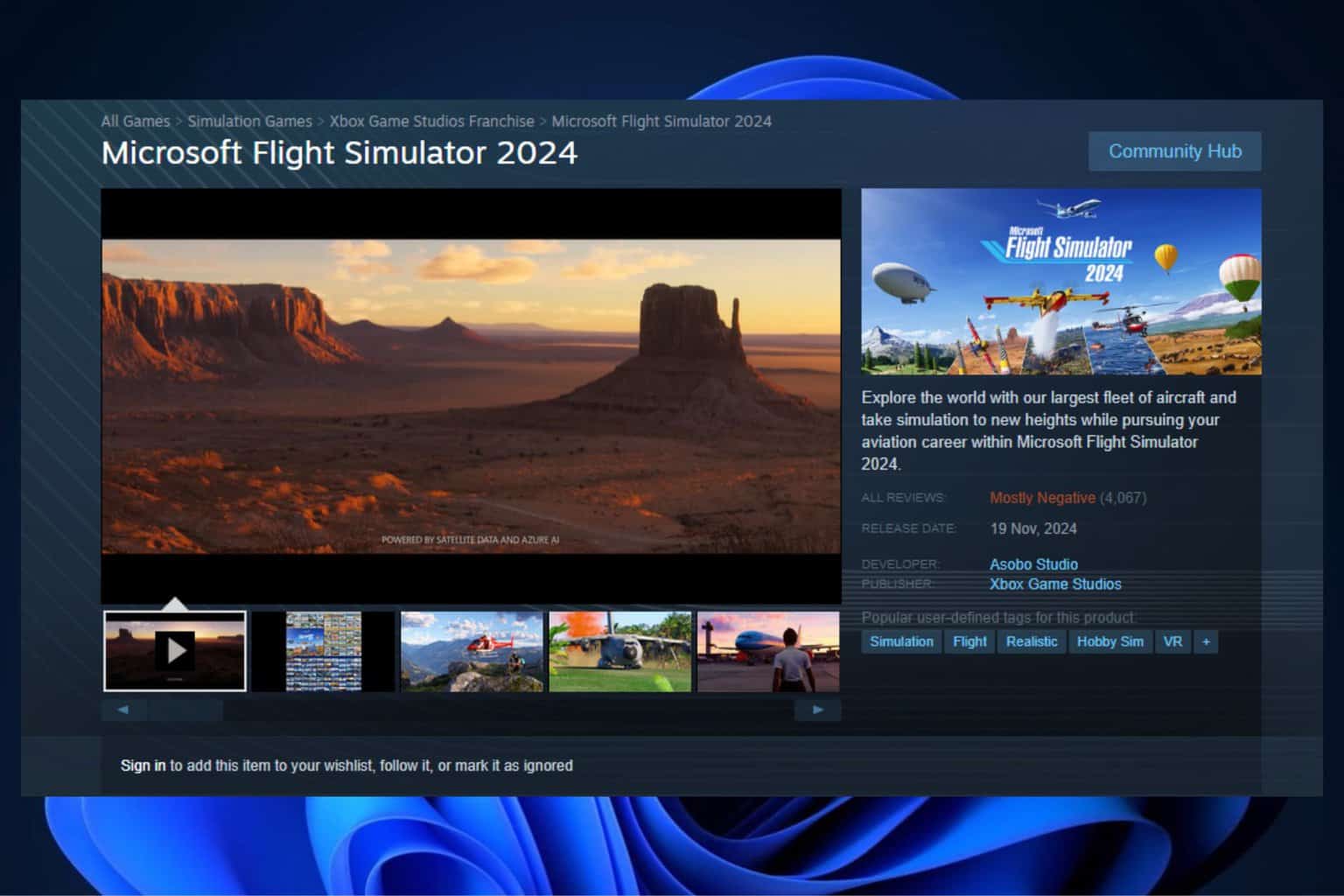
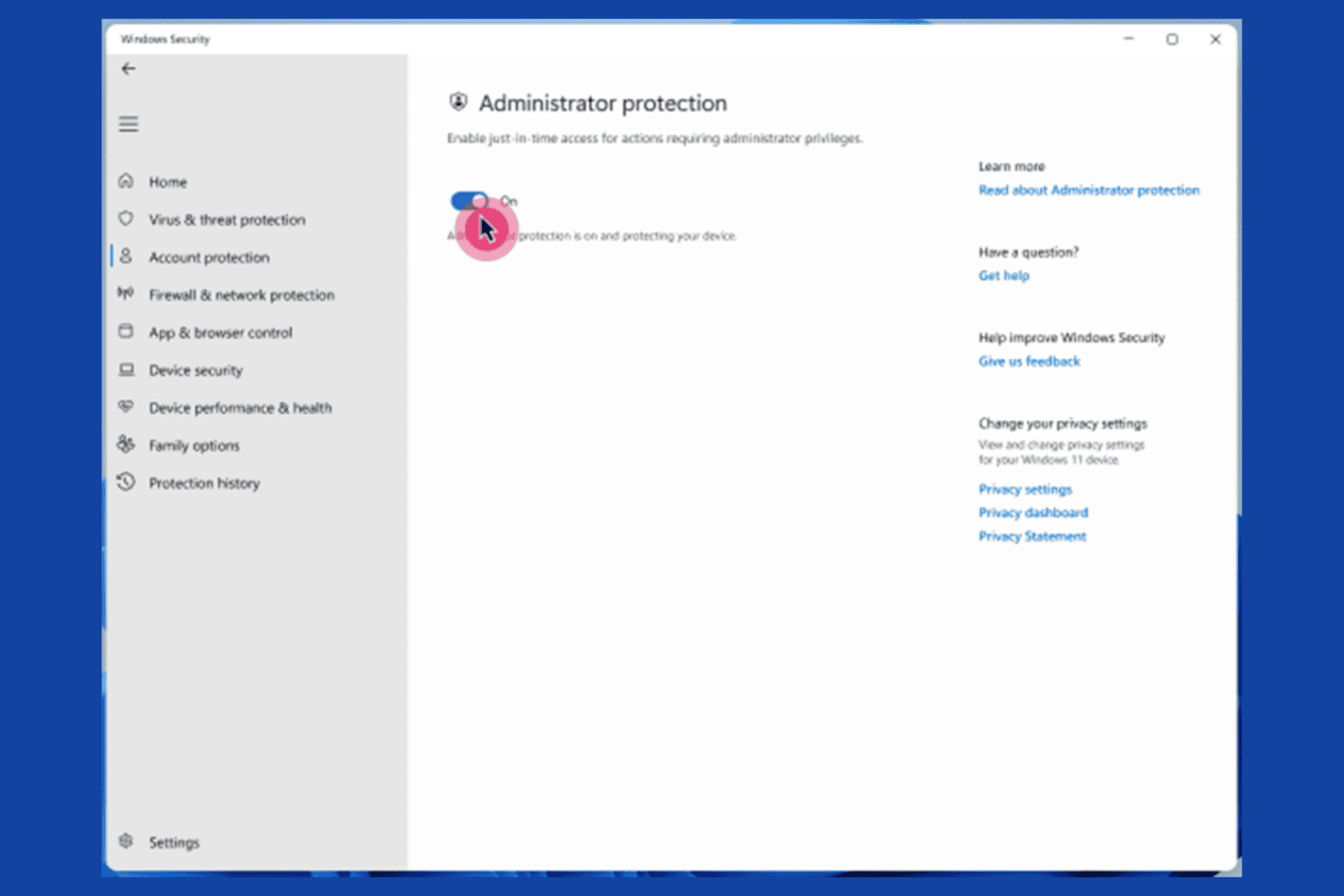
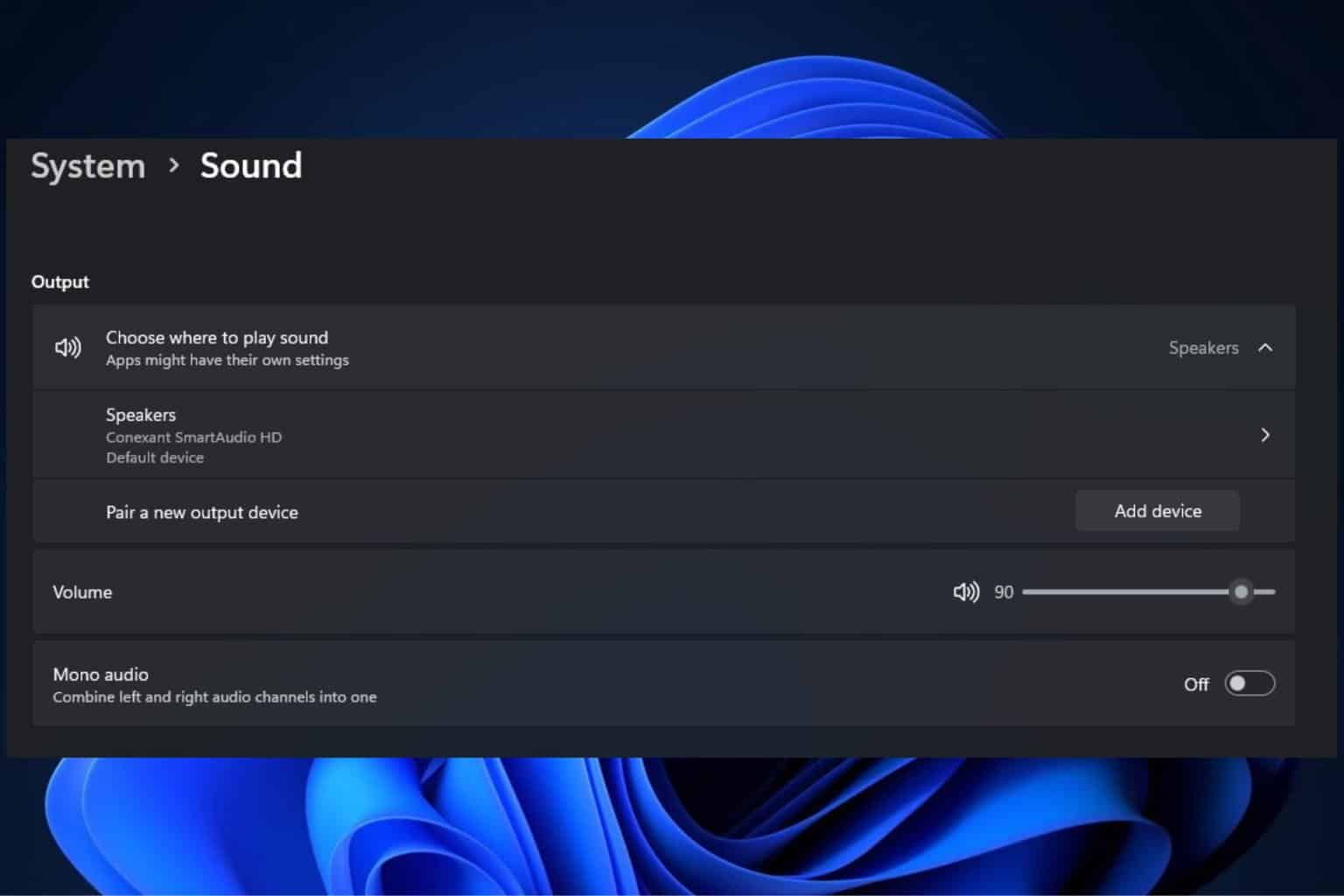
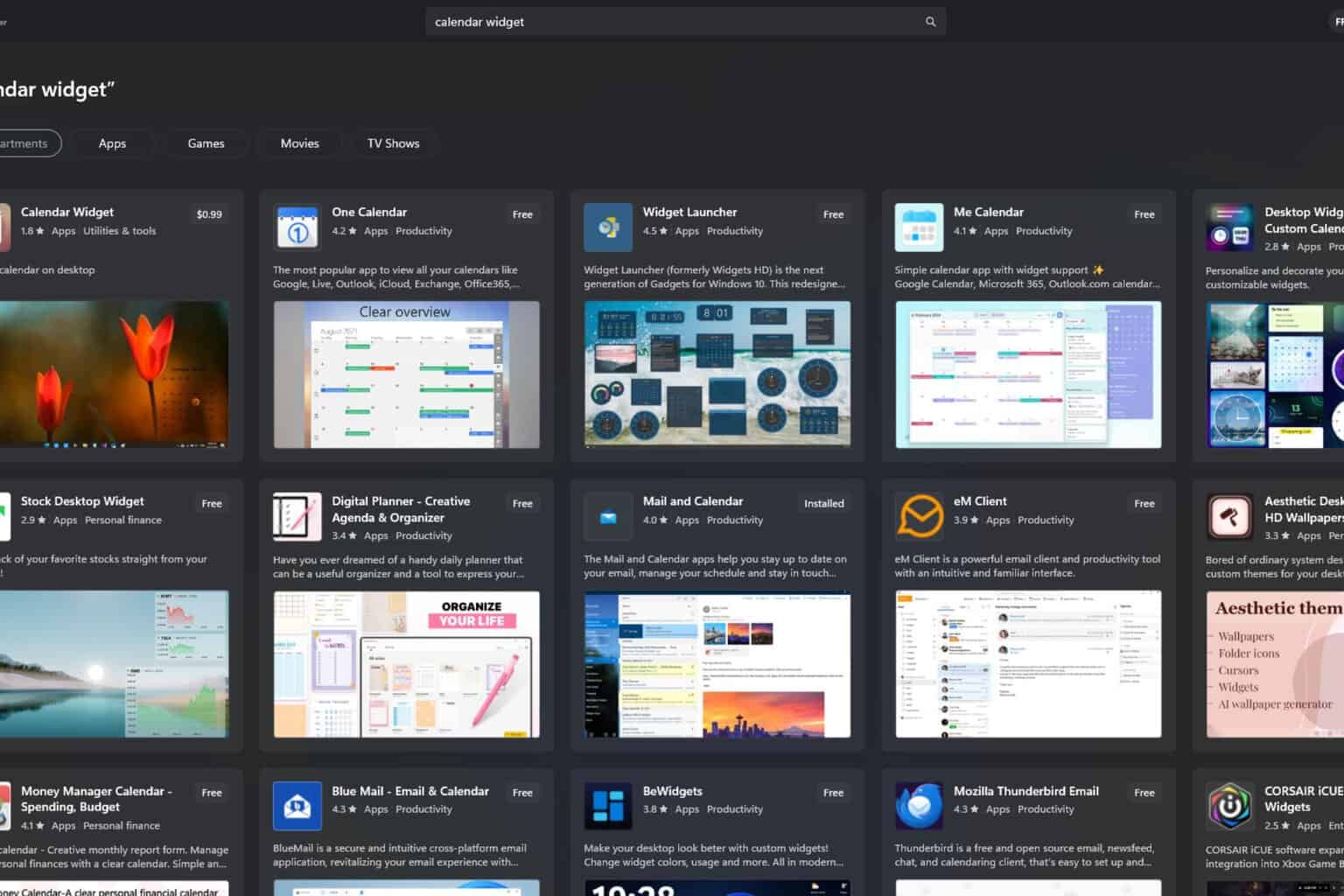
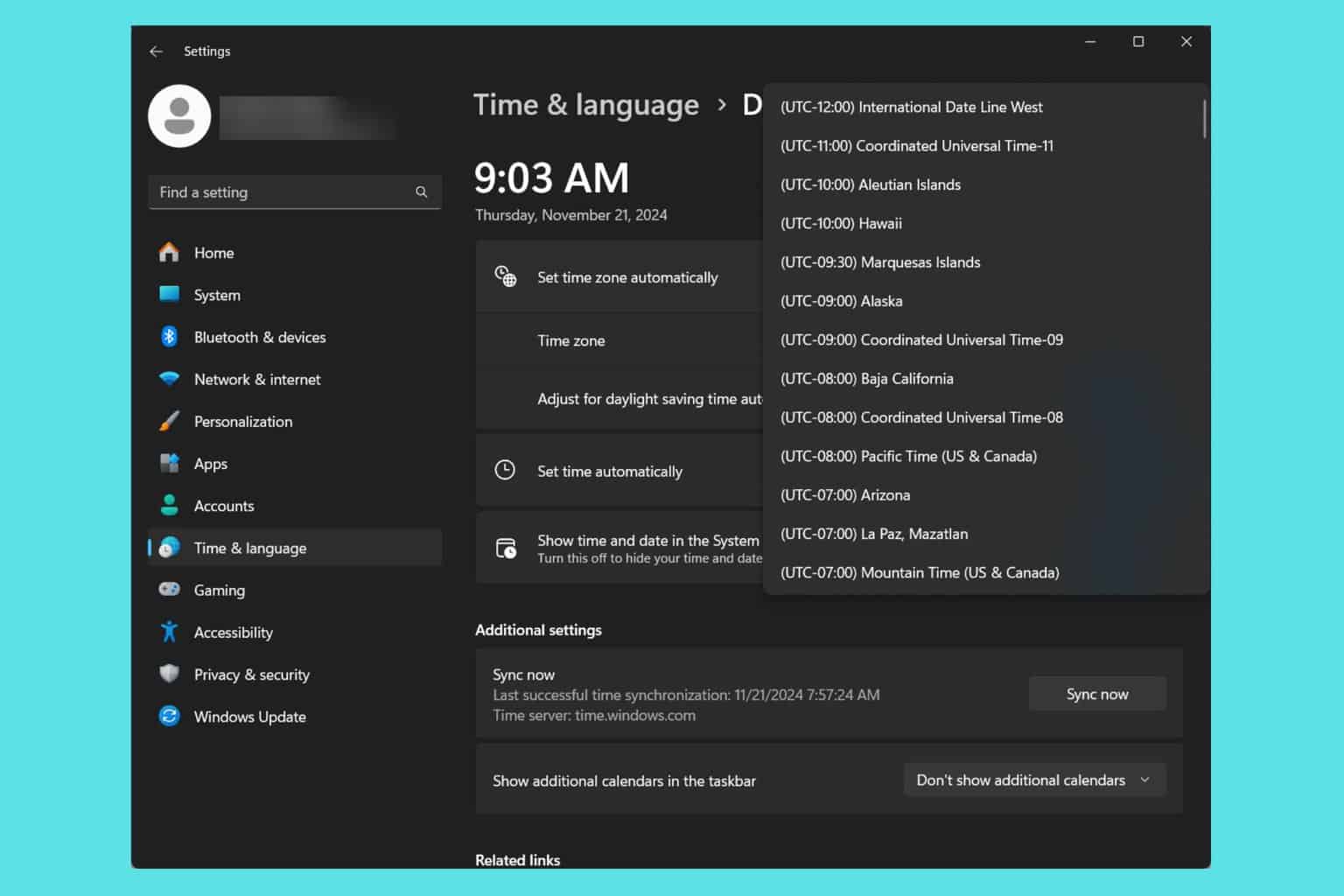


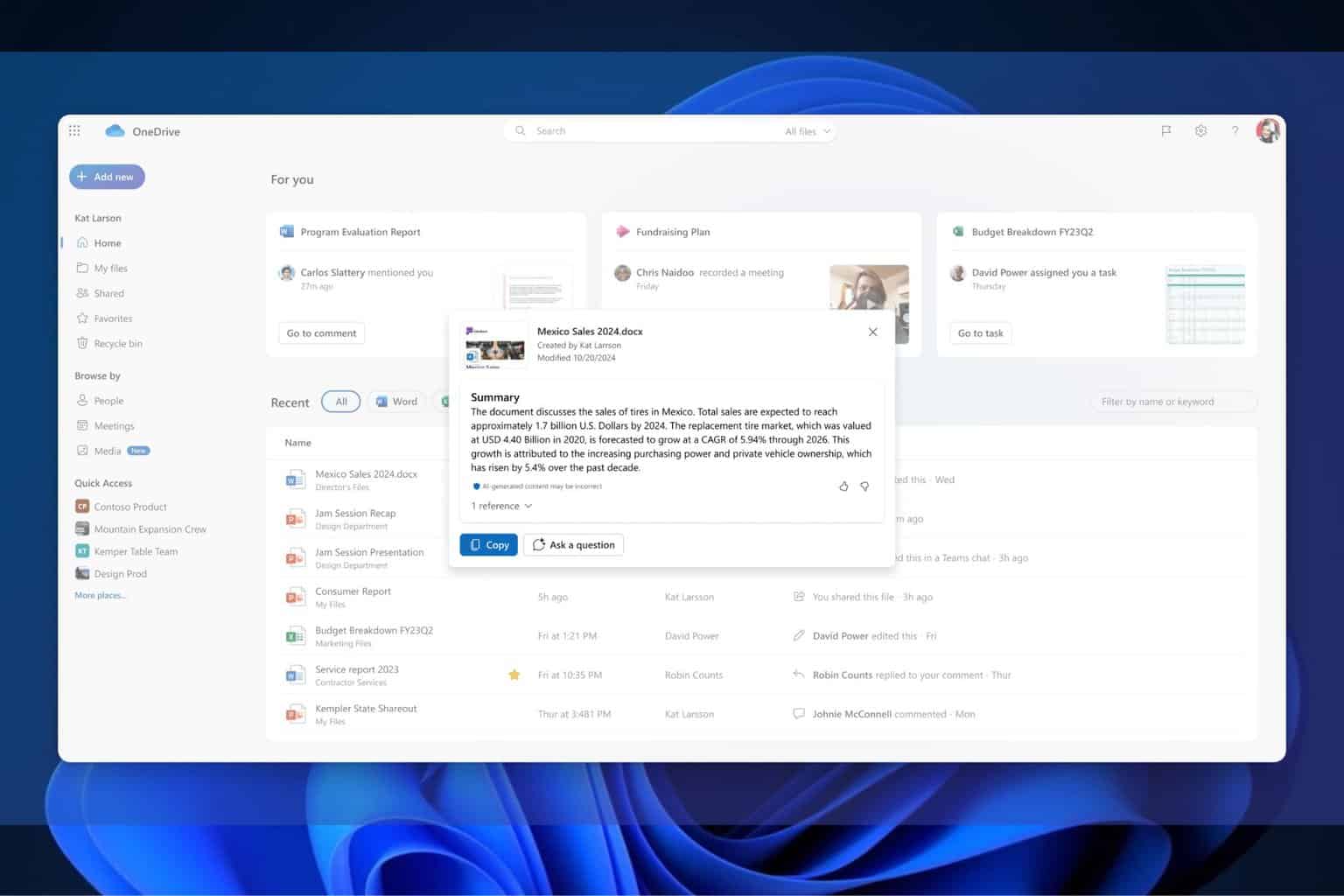
User forum
0 messages